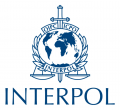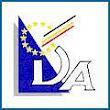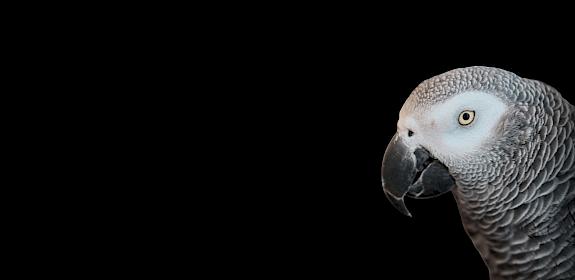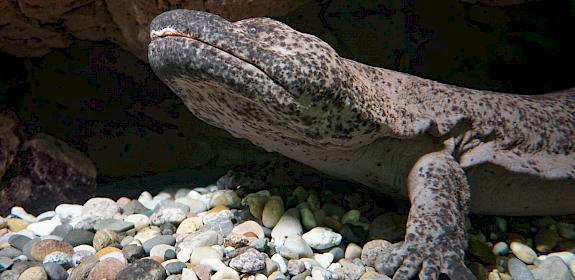
disrupting wildlife cybercrime in the EU
Wildlife crime is estimated to be one of the largest transnational criminal activities with historical sales of illicit wildlife occurring in shops and other physical marketplaces.
However, the growth and accessibility of the internet has allowed wildlife traffickers to move online and gain access to a vast marketplace, making wildlife crime a new form of ‘cyber-enabled’ crime. The EU is a major global consumer of wildlife products and has a significant role to play in reducing illegal trade and ensuring a sustainable wildlife legal trade.
106
suspicious posts from 65 different sellers found in 3 months
our project objective
Alongside our partners WWF, IFAW, INTERPOL, and Belgian Customs, TRAFFIC is working to disrupt criminals trafficking wildlife in or via the EU using online, postal, or fast parcel services.
Our target is to make it much harder for criminals to use the internet and postal services in the EU for wildlife-related criminal activities. An increased risk of detection, the removal of fraudulent adverts and accounts, as well as an intensification of seizures, will make it increasingly difficult for wildlife cybercriminals to operate.
Hermann's Totoises Testudo hermanni are among the many reptiles trafficked for the exotic pet trade in and via the EU
i

Europe is a major transit hub and market for international wildlife smuggling networks – disrupting cybercriminals operating within the EU is an urgent conservation priority
Florian Debeve, Project Administrator
the 4 pillars of our work
Throughout the project, specific case studies will be undertaken, as well as training workshops held in countries including Belgium, France, Germany, and the Netherlands.
The action wil be relevant to all 28 EU Member States, ensuring that law enforcement authorities from across the EU will benefit from improved information, analysis, tools, training, strengthened co-operation and information exchange with relevant enforcement agencies as well as with the private sector
research and analysis
capacity and training
online investigations
building partnerships
our partners
Working with international partners to create maximum conservation impact.







